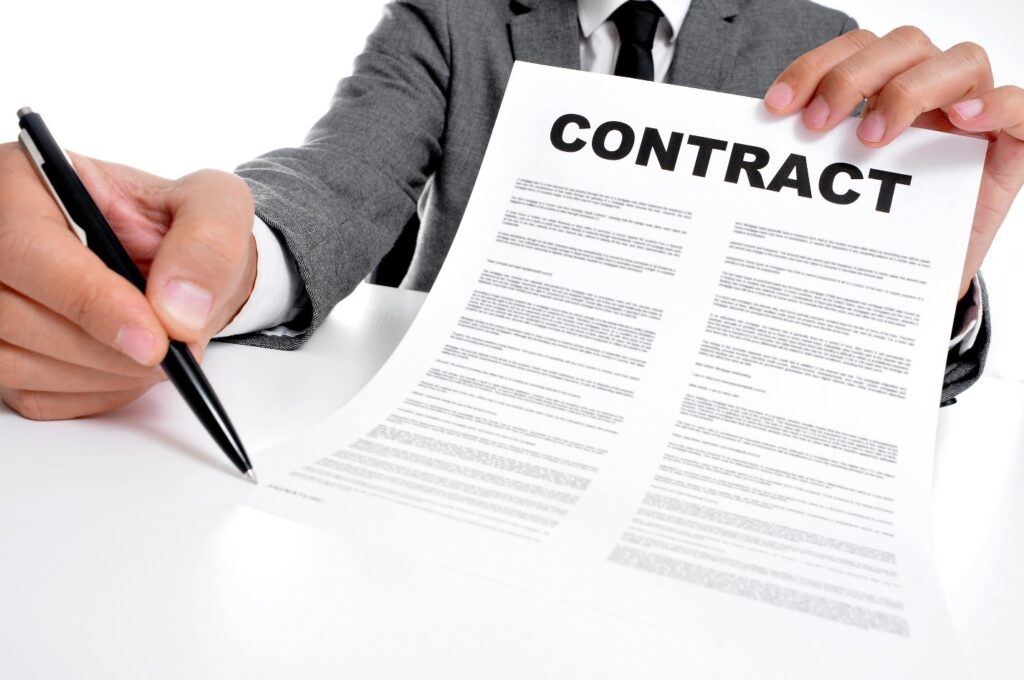Selling your property in New York City involves a series of steps that require careful attention and expertise. This comprehensive guide outlines the essential stages to navigate the complexities of real estate transactions in the bustling NYC market.
Step 1: Find a Buyer & Accept the Offer
The initial step in any real estate transaction is securing a buyer and accepting their offer. Whether you’re working with a real estate agent or managing the sale independently, avoid putting any agreements in writing without consulting a Real Estate Attorney. Their guidance is crucial in safeguarding your interests.
Step 2: Hire a Real Estate Attorney

Upon accepting the buyer’s offer, it’s imperative to engage a seasoned real estate attorney. Look for legal professionals experienced in real estate closings. Our team at the Levin Law Group specializes in handling numerous real estate transactions yearly, ensuring sound representation for sellers.
Step 3: Allow Buyer Due Diligence
Grant access for a buyer’s home inspection if requested. Upon inspection, negotiations regarding potential repairs or modifications may arise. Collaborate with the buyer to agree on necessary property adjustments.
Step 4: Sign the Contract

Once retained, our team requests essential information to prepare a Seller-friendly contract. We facilitate contract drafting and review, ensuring terms alignment between parties. Upon agreement, signing and deposit proceedings follow.
Step 5: Wait for Conditions to be Met
The buyer’s attorney conducts a title search, a crucial step to confirm the property’s title status. Simultaneously, if financing is involved, the buyer applies for a loan, which typically takes 45-60 days. Coop sales involve board approval, which may take an additional 30 days. Concurrently, sellers prepare for vacating the property.
Step 6: Schedule the Closing
Upon satisfaction of conditions, scheduling the closing becomes viable. Timing varies depending on the type of sale. Cash sales usually conclude within 20-45 days, while financed sales may extend up to 90 days.
Step 7: Move Out

Prepare to vacate the premises before the closing date, ensuring the property is ‘vacant’ and ‘broom clean’ as per contract terms.
Step 8: Attend the Closing
The closing meeting finalizes the transaction, transferring legal documents and property ownership to the buyer while sellers receive payment. It involves multiple parties, including attorneys, agents, and sometimes managing agents in coop transactions.
Partner with a Professional
Collaborating with a licensed real estate agent offers significant advantages. Douglas Elliman, dominating the Manhattan market, provides unmatched resources and connections to connect your property with qualified buyers.
Pricing Your Property

A competitive price is essential. Evaluate neighborhood trends, accessibility, property condition, and market dynamics to determine the right price.
Prepare Your Property
Staging your home optimally, cleaning, organizing, and minor upgrades contribute to a favorable impression.
Putting Your Property on the Market
Your agent’s strategies, including online exposure, networking, and creative marketing, amplify your property’s visibility.
From Contract to Close
Multiple stages, from negotiations to approvals and appraisals, lead to the final sale. Board approvals for coop sales and managing various stakeholders are pivotal in this phase.
Closing the Sale
Closing day involves officially transferring the property, settling costs, and congratulations all around.
Navigating the real estate selling process in NYC requires strategic planning, professional guidance, and adherence to legalities. Every transaction is unique, and seeking expert advice ensures a smoother, more successful sale. For personalized assistance and expert representation, contact us at:









